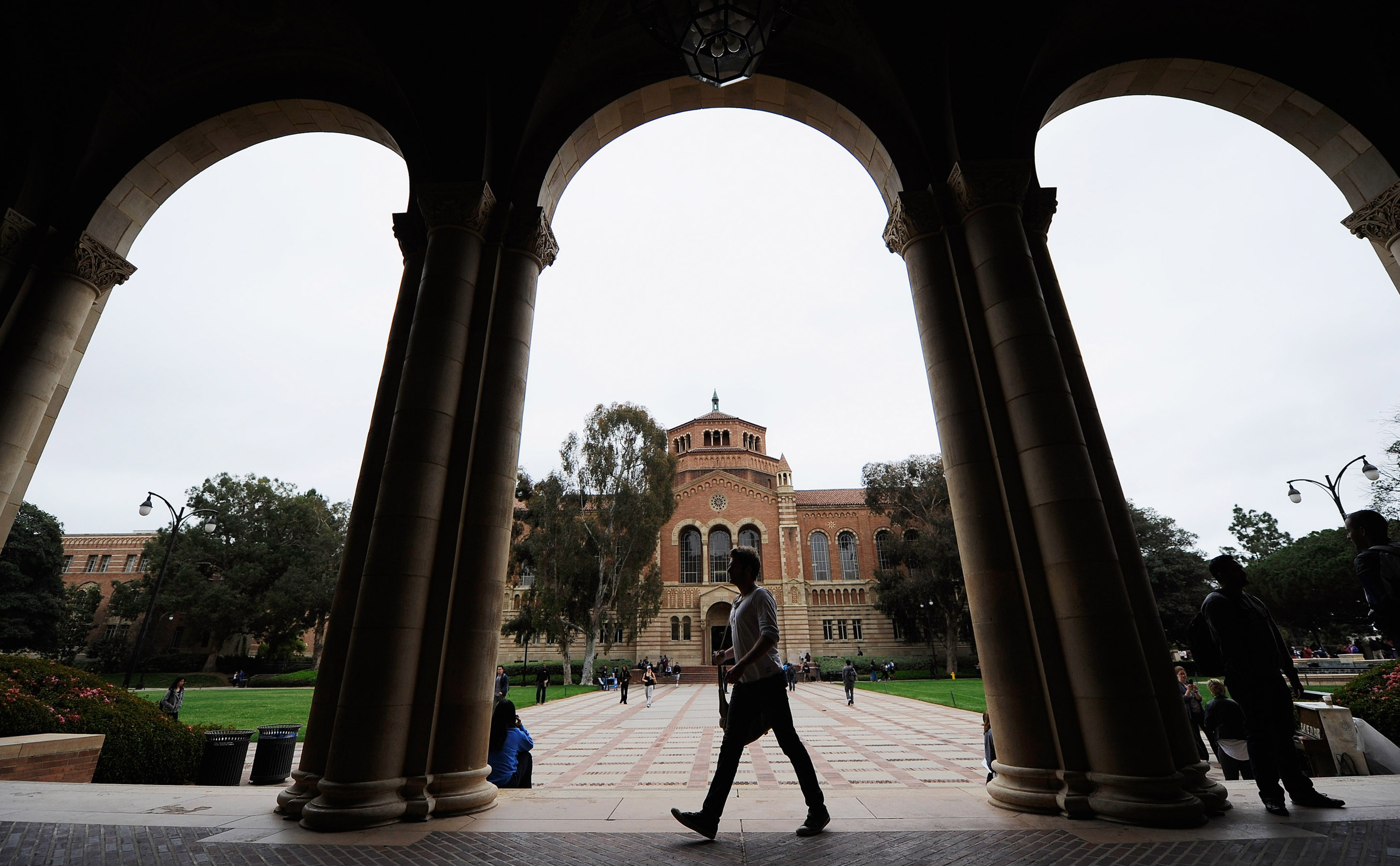Why does college keep getting more expensive?
And more of the week's best financial advice

A free daily email with the biggest news stories of the day – and the best features from TheWeek.com
You are now subscribed
Your newsletter sign-up was successful
Here are three of the week's top pieces of financial advice, gathered from around the web:
The Morningstar mirage
Morningstar, the influential investment research firm that rates mutual funds, doesn't appear to be very good at picking winners, said Kirsten Grind at The Wall Street Journal. Roughly 250,000 financial advisers use Morningstar's analysis and ratings in making investment decisions "for a vast landscape of retirement plans and brokerage accounts." But the number of stars awarded to a mutual fund by Morningstar is not "by and large" a reliable guide to the fund's future performance. Going back to 2003, many of the funds given the "coveted" five-star rating — the firm's highest — "failed to perform." Of five-star funds, just 12 percent did well enough over the next five years to earn a top rating for that period. Ten percent "performed so poorly, they were branded with a rock-bottom one-star rating."
The Week
Escape your echo chamber. Get the facts behind the news, plus analysis from multiple perspectives.

Sign up for The Week's Free Newsletters
From our morning news briefing to a weekly Good News Newsletter, get the best of The Week delivered directly to your inbox.
From our morning news briefing to a weekly Good News Newsletter, get the best of The Week delivered directly to your inbox.
College tuition keeps rising
The cost of college tuition "rose faster than inflation — again," said Katie Lobosco at CNN. This year, the average tuition and fees charged by public and private colleges climbed by 2.9 to 3.6 percent, according to an analysis by the College Board. By comparison, inflation remains anchored at 2 percent. Prices grew by $300 at public, four-year colleges for in-state students, and by $800 at private colleges. Academic experts identified "cuts in state funding" as a significant issue for public colleges in some states. But the key factor responsible for the increase is staffing-related outlays. Costs associated with employee health care and benefits continue to go up, pushing tuition and fees higher. On average, students collected more grant aid than last year, but "not enough to keep up with the increase in price."
HSAs' triple tax benefits
There is a reason that health savings accounts leave financial planners "all googly-eyed," said Suzanne Woolley at Bloomberg. HSAs, which allow workers to put pretax dollars into savings accounts for medical expenses, offer a huge amount of "financial flexibility in retirement." HSAs are similar to flexible spending accounts but don't have the "use it or lose it" requirement, so whatever money you put in can roll over from year to year. "Earnings increase tax-free, and the money isn't taxed when used for qualified medical expenses." So if you can afford to leave money in one of these accounts until after you retire, the funds can be used to pay for Medicare Part B and Part D premiums, long-term care insurance policy premiums, and other medical expenses.
A free daily email with the biggest news stories of the day – and the best features from TheWeek.com
-
 6 exquisite homes with vast acreage
6 exquisite homes with vast acreageFeature Featuring an off-the-grid contemporary home in New Mexico and lakefront farmhouse in Massachusetts
-
 Film reviews: ‘Wuthering Heights,’ ‘Good Luck, Have Fun, Don’t Die,’ and ‘Sirat’
Film reviews: ‘Wuthering Heights,’ ‘Good Luck, Have Fun, Don’t Die,’ and ‘Sirat’Feature An inconvenient love torments a would-be couple, a gonzo time traveler seeks to save humanity from AI, and a father’s desperate search goes deeply sideways
-
 Political cartoons for February 16
Political cartoons for February 16Cartoons Monday’s political cartoons include President's Day, a valentine from the Epstein files, and more